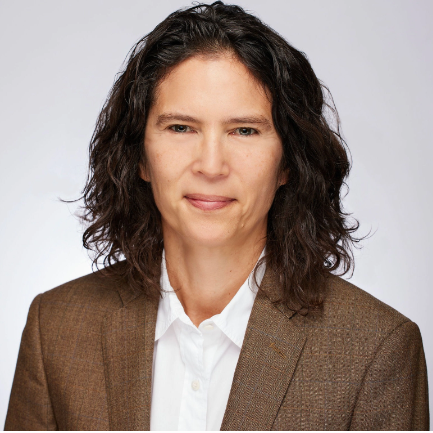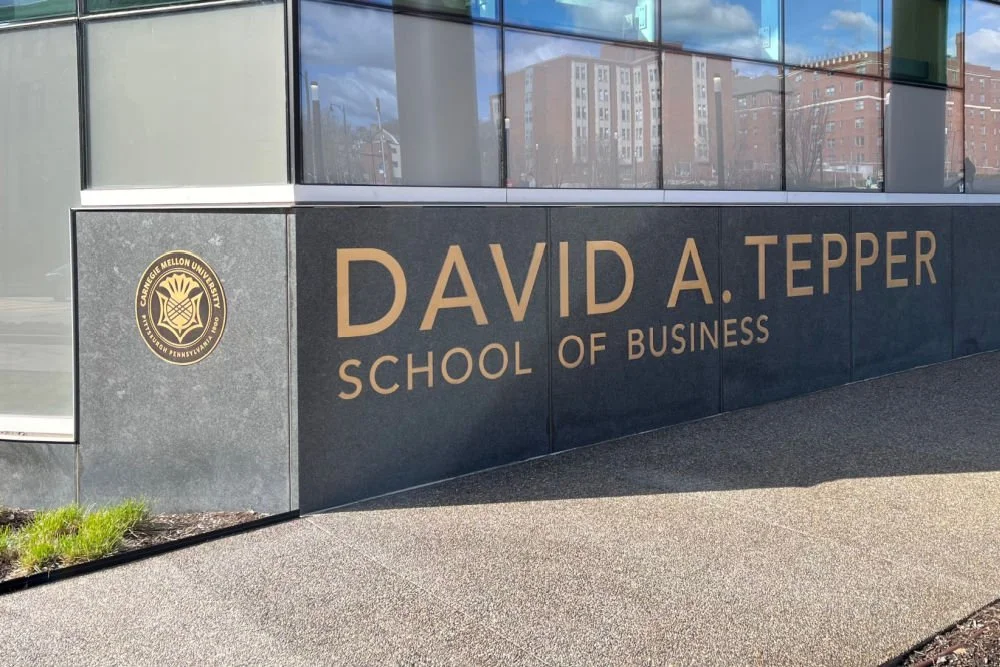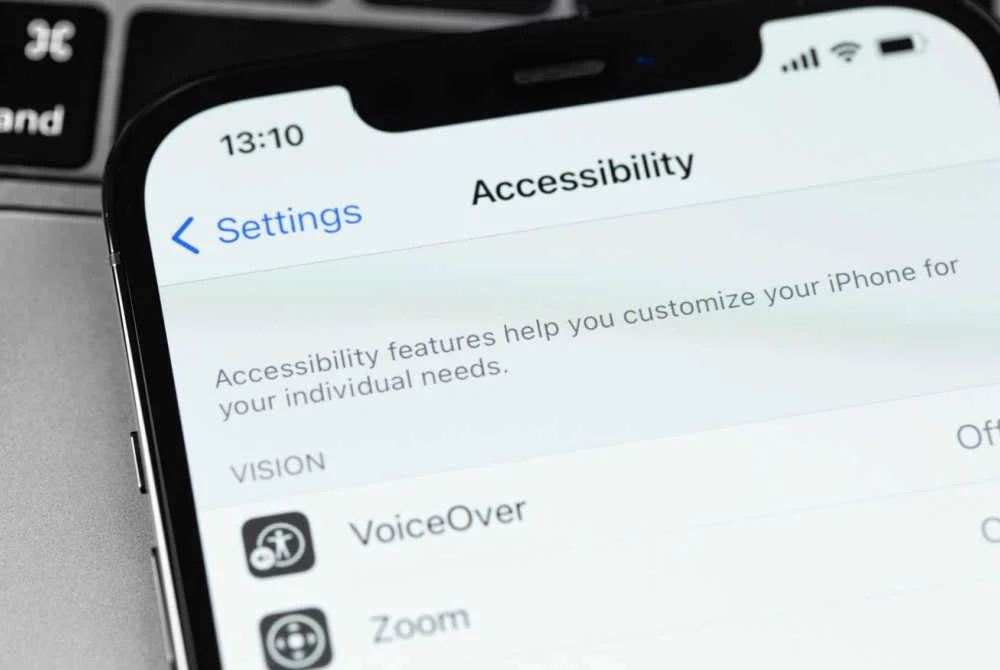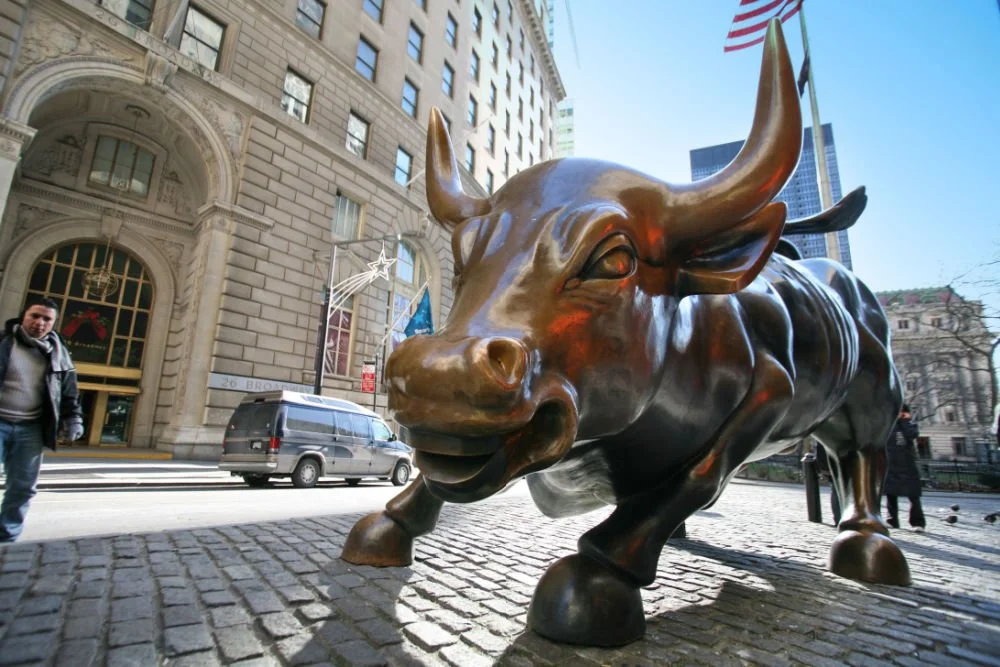Hubs of Opportunity: A Big Bank Rolls Out More Urban Support
/Chicago. photo: R. Wellen Photography/shutterstock
If you live in a decently sized U.S. city, chances are you don’t live too far away from a branch of one of the Big Four banks: Chase, Bank of America, Wells Fargo and Citi. You probably bank with one of them yourself. Like it or not, these companies have become a ubiquitous feature of America’s urban landscape. In recent years, they've also been stepping up their philanthropic efforts.
Like many major corporations these days, the big banks are adopting more strategic approaches to giving that draw on their assets and are more in sync with company-wide objectives, including the quest for profit. From workforce and youth to community development and entrepreneurship, banks tend to support causes that boost the urban economies and labor forces they themselves thrive on. Along the way, they've become increasingly central players in big city philanthropy.
When the Citi Foundation debuted its first cohort of Community Progress Makers Fund grants in 2016, its commitment to “flagship partnerships” was clear. Across six major U.S. cities, the program awarded $20 million in general operating support. Brandee MacHale, the Citi Foundation’s president, describes the approach as “venture philanthropy—a chance to invest in the vision and mission of these organizations who are helping positively transform their communities.”
Last month, after a two-year run with the first group of nonprofits, Citi announced the program’s second grantee cohort. What can we glean about the bank’s philanthropic commitments?
Related: What's the Deal With That Shower of Big Grants From Citi to Urban Nonprofits?
First, some details. The general characteristics of the 2018-2019 Community Progress Makers grants remain much the same as in 2016-2017. Forty nonprofits are receiving support—$500,000 each, plus technical assistance—in the same cities as last time: New York City, Los Angeles, Chicago, Miami, the Bay Area and Washington, D.C. There are a mix of repeat grantees from the previous cohort and newcomers.
The organizations Citi supports tend to be established community hubs that use a variety of approaches to boost local economic opportunity. They include community development and housing-oriented nonprofits, the United Way, workforce development and employment centers, and organizations supporting entrepreneurship and small business. There are also some grantees associated with particular populations, like the Los Angeles LGBT Center and D.C.’s Latino Economic Development Center.
Back in 2016, we pointed to the bank’s taste for collaboration and collective impact. That hasn’t changed much, either. In fact, Community Progress Makers is only one of several signature Citi Foundation programs where the bank acts as a funding partner for city-level alliances and initiatives. Another is Pathways to Progress, supporting direct service work for urban youth with an emphasis on employment. Citi doubled its commitment to Pathways to Progress early last year, expanding the program’s scope beyond the United States. At home and abroad, the program has backed projects to prepare young workers for the 21st-century economy, a cause that corporate philanthropy overall has eagerly embraced.
Related:
Not Just College: A Bank Foundation's Strategy to Build Careers for Youth
The Citi Foundation's Global Push on Youth, Skills, and Jobs
But one of the most interesting aspects of Pathways to Progress is Citi’s willingness to get behind partnerships with municipal governments, a pattern that carries through quite a bit of the bank’s giving. The Youth Opportunity Fund, a subset of Pathways to Progress, saw Citi working with mayor’s offices and public agencies in many of the same cities currently benefiting from the Community Progress Makers Fund.
Another major program from Citi carries that theme even further. City Accelerator, a joint effort launched with Living Cities in 2014, operates at the city level to promote more effective local government (among other things). That isn’t typical terrain for philanthropy, but it’s becoming ever more common as straitened municipal budgets leave little room to fund pilot programs that could improve service delivery and lead to other innovations. Bloomberg Philanthropies is the most prominent player in this space, as we've reported.
While Community Progress Makers is less explicitly linked to local government, Citi has described the program’s grantees as “a safety net for communities in economic distress.” That highlights, for one thing, how nonprofits and philanthropy are increasingly stepping in when local government can’t do its job. That’s a more cynical view than the one Citi and its partners promote. But it’s worth noting that when philanthropy gets too bogged down in service delivery, it can miss opportunities to fund the kind of systemic change that might render those services unnecessary. These days, though, there are growing demands for funders to step into situations where government has failed. Flint, Michigan, is a case in point.
Either way, we expect Citi to stay focused in its philanthropy on boosting inclusive urban prosperity. This is a win-win zone of giving for banks. It helps cultivate community goodwill while fostering the conditions for higher corporate earnings in key markets by sparking new growth and upskilling workers. As we’ve seen with JPMorgan Chase, some leaders in corporate philanthropy are even making the case that economic inequality itself is bad for earnings.
There’s a lot of promise in these developments. But even as corporate giving becomes more strategic, and zeroes in on tough equity challenges, it’s hard to lose sight of the fact that many of these companies have contributed to the very problems they say they want to alleviate. Most recently, the big banks were cheerleaders for a new tax law that will increase the deficit and, down the line, may lead to cuts in programs that hit the same low-income communities that bank philanthropies are now trying to help.
Related:







































